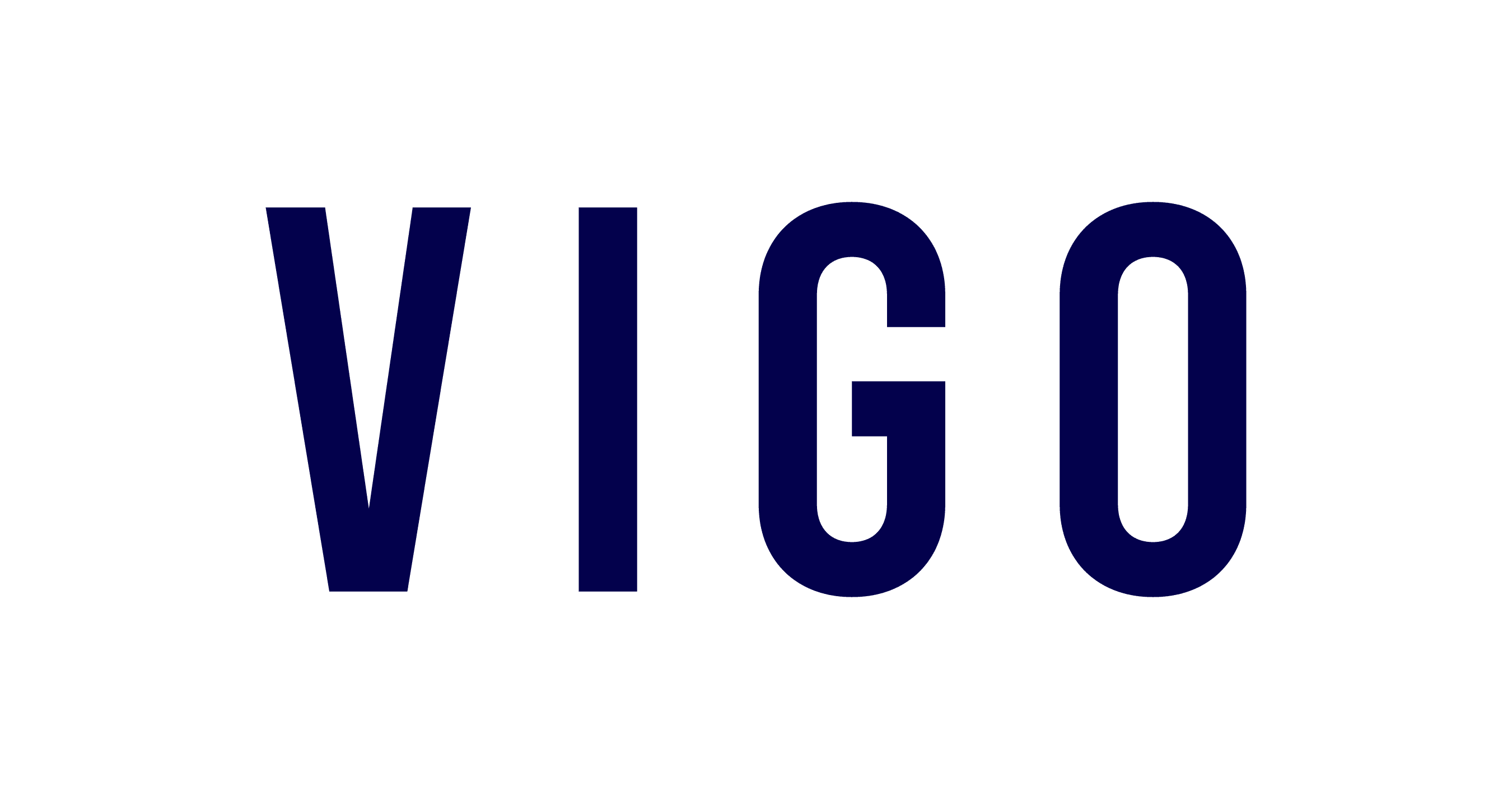In the contemplative halls of the art world, inviting laughter in response to carefully created paintings is risky, but this is exactly what London-based artist Lakwena Maciver does in her new exhibition. A soundtrack of chuckles that ranges from thundering choruses to tinkling solos can be heard throughout the space. One of the display’s is a wall of multicoloured, fluorescent paint that repeats the phrase “ha ha” 54 times. Even the title of the exhibition is in on the joke.
On the face of it, all this ha ha-ing refers to ha-has, the concealed walled ditches used to prevent livestock straying into private land, present in the Yorkshire Sculpture Park’s surrounding landscape. The seemingly tenuous link between these perfunctory piles of brick and Maciver’s colourful displays soon comes into focus. Banners with slogans that read “Re-educate the world”, “Righteous like we” and “Do better” occupy the exhibition. They start to sound sarcastic, their meaning undercut by the omnipresent laughter. It would be wrong to read this as lip-curling cynicism.
Maciver’s use of laughter – a form of communication that is explosive and uncontrolled – rails against the invisible boundaries often present in neat and tidy public speech. Ha-has themselves represent a manipulation of the landscape, their hidden presence allows for an uninterrupted view of the “green and pleasant land”, undisturbed by the animals (and people) that inhabit it. What Maciver wants to know is, have we – the culture makers and educated elite – created our own map of covert lines while pretending to be open to a diversity of voices?
Maciver uses the tools of revolution to interrogate whether we are swapping one orthodoxy for another. The exhibition features several banners on unframed canvas that wouldn’t look amiss at a protest. The largest, Do Better (HA-HA), is erected on four wooden poles, ready to be walked out of the gallery. Most of the slogans open with a command: “Do”, “Don’t” “Take” all demand something of the viewer. There is no space for negotiation – this is a directive.
Three slogans sit neatly together on one wall, and the bold font and rainbow palette enables them to appear light-hearted and endearing. Alarmingly, on closer inspection, the text reads “Free to agree”, “Don’t ask questions” and “Take notes”, which seems more like a transcript of a high-school detention rather than a radical rethinking of the future.
In the centre of the space hangs a large recreation of a face mask. Made with ripstop fabric (normally used on tents) and rope with “ha-ha” emblazoned across the front, Cover Your Mouth (HA-HA) harks back to the polarisation of the pandemic. The face coverings that had medical motivations during lockdown quickly disintegrated into political symbols.
Masks can also muzzle voices, and a second mask hangs across the Yorkshire Sculpture Park’s remaining ha-ha, drawing a direct line between the creation of borders and the silencing of voices. With a father who was born in the Protectorate of Uganda, Maciver is acutely aware of the colonial tradition of European leaders to carve up the land of others under the guise of care and consideration. In placing words in the centre of a space created by the powerful to protect their wealth, she directly addresses if language and saying the right thing can itself be colonised and policed by a group of people.
Maciver’s new work is not without hope. No one can bathe in the rays of a glorious rainbow wall of laughter without wanting to hoot out a note of happiness themselves. Before the exhibition opens, I spot numerous people peering in from the windows, desperate to catch a reflection of its joy on a blustery autumnal day in Yorkshire. There is plenty to seriously contemplate in A Green and Pleasant Land (HA-HA), but unlike the narrow directives on the wall, Maciver’s unity of varied hues and howls demonstrates how a messy chorus of difference can make the world a more beautiful place, if only we would spend a little less time shouting and bit more time laughing.
A Green and Pleasant Land (HA-HA) is at The Weston, Yorkshire Sculpture Park until 19 March 2023
15 November 2022


